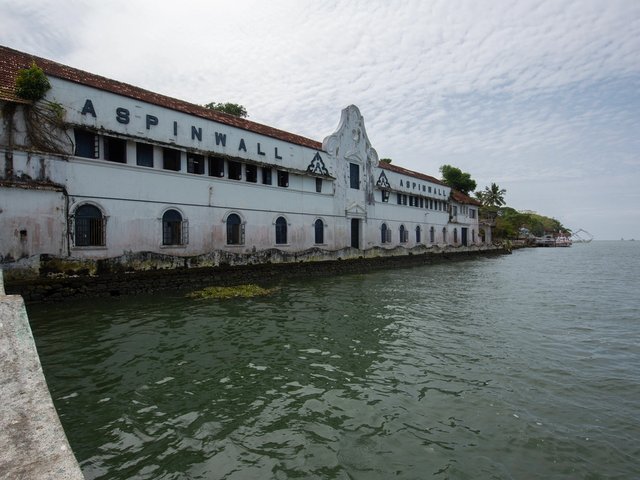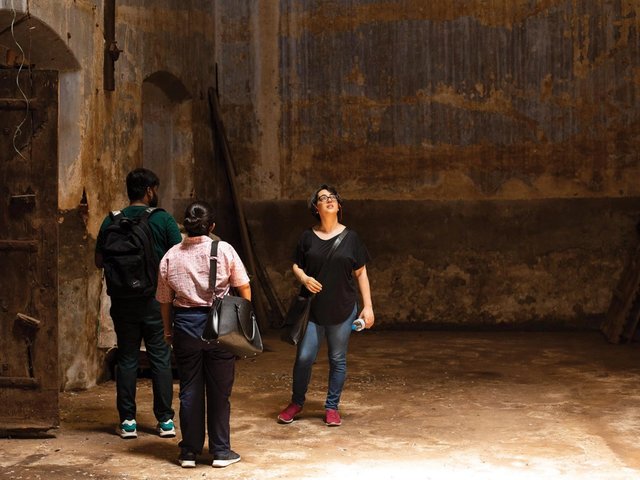The Goa-based artist Nikhil Chopra and his collective HH Art Spaces will curate the sixth edition of the Kochi-Muziris Biennale (KMB) in Kerala, which will open on 12 December 2025 and run until 31 March 2026, its organisers announced today.
Chopra, whose artistic practice spans durational performance, painting, sculpture and installation, has shown in major exhibitions including the 53rd Venice Biennale and Documenta 14. He co-founded HH in 2014 with fellow artists Madhavi Gore and Romain Lousteau; their appointment to the curatorial team of the KMB was made by a panel that includes the curator Shanay Jhaveri, the collector Rajeeb Samdani and the photographer Dayanita Singh.
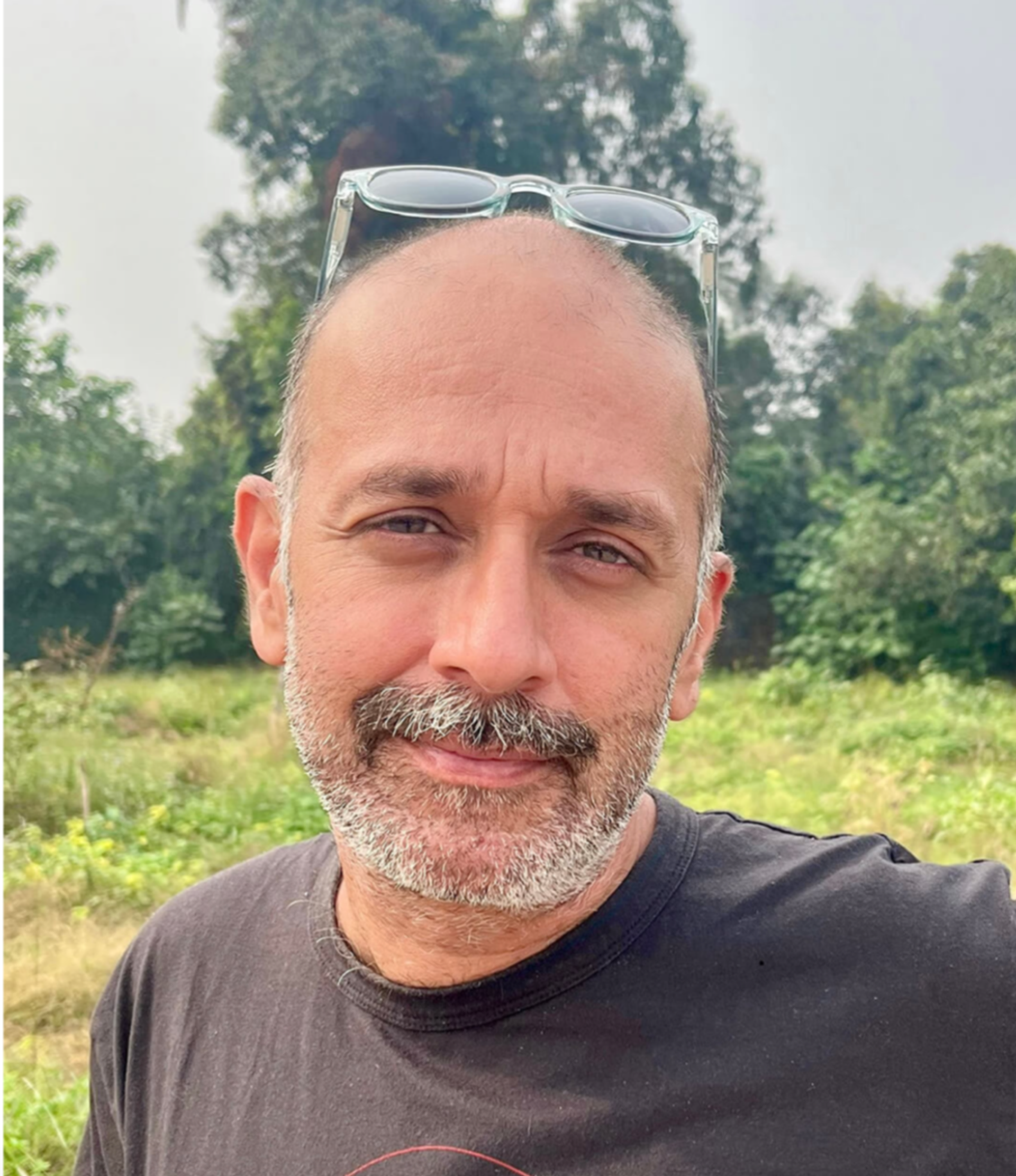
Nikhil Chopra, the curator of the sixth Kochi-Muziris Biennale
Courtesy of Nikhil Chopra
“We see Kerala and India as spaces of creation, abundant with layered histories, cultural and intellectual richness, and inherent limits," Chopra says of the forthcoming show. "Instead of perceiving the precarity and vulnerability of the KMB as limitations, we propose to embrace them as unique conditions.”
Logistical challenges
Chopra’s words underscore both the great ambitions and the fraught logistics of the KMB. Since its inaugural show in 2012, the partially state-funded biennial has brought new, site-specific works by art luminaries from South Asia and further afield to warehouses and heritage buildings in the historic port of Fort Kochi. With past editions having featured commissions by the likes of Haegue Yang, Shilpa Gupta, Asim Waqif and Tania Bruguera, it is widely considered India’s most important exhibition, and is a rarity in a country with scant public funding for contemporary art.
But staging a large-scale, international art project in India, especially without a rich private backer, is not an easy feat, and the biennial has, over the years, developed a reputation for delays and faced accusations of mismanagement. This came to a head in the last edition, held between December 2022 and March 2023, when factors ranging from Covid 19-impacted shipping delays, insufficient financial planning and an unseasonably late cyclone saw the biennial’s opening postponed from 12 December to 23 December. This decision was announced by the KMB leadership team less than 48 hours before the biennial was due to open, and after hundreds of visitors had flown in from across the world to see the show.
An open letter signed by dozens of the show's exhibiting artists, published on 23 December 2022, urged the KMB to “move away from a system of structural helplessness” and called for “a complete reform of the Biennale’s conduct, and of the current team in charge”.
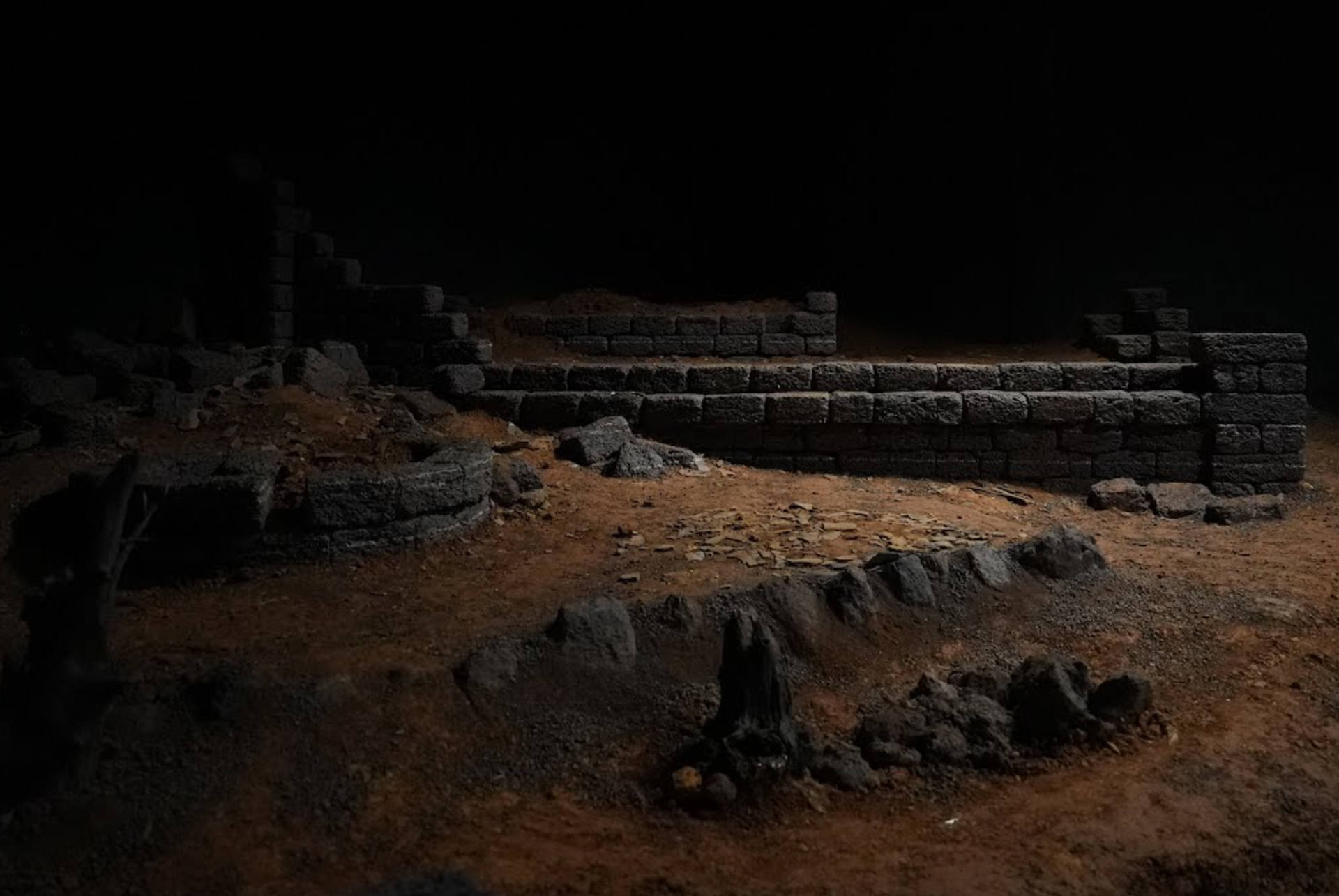
Sahil Naik, All is water and to water we must return (2022), shown at the 2022 Kochi-Muziris Biennale
Courtesy of the artist and Kochi-Muziris Biennale
Since that edition closed, the KMB has undergone a “rigorous restructure process conducted with industry experts”, according to an official statement, which includes a number of new positions as well as subtle changes to existing titles and executive roles.
Chief among them is the appointment of Venu Vasudevan as the chair of the board of trustees. Vasudevan is a Kerala government official and museums expert who has worked with the biennial since its inception. He is joined by a new chief executive, Thomas Varghese, who will “oversee the administration and management of the biennial’s foundation” and take charge of “the overall governance and compliance of the non-profit trust”, he says. They will both share responsibility of managing the biennial along with the KMB founder and trustee Bose Krishnamachari, who now adopts the role of president.
“The fifth edition was beset by manifold challenges, some internal and some external and others beyond control,” Krishnamachari says. “The new foundation structure and appointments to the board and executive should allow us to be better equipped to face the challenges and find solutions in organising an event of such scale and complexity.”
Further appointments also demonstrate attempts to tackle long-running issues for the biennial. For example, multiple editions have faced allegations of delayed or incomplete payments to workers, which the Kochi Biennale Foundation disputes. It has now appointed an in-house legal counsel as well as an auditor, which “will strengthen all aspects related to compliance and contractual obligations”, a biennial foundation spokesperson says.
Varghese estimates the budget for the next edition will total 280m rupees ($3.3m), which is in line with previous years. However, the amount given to the biennial by the Keralan government will decrease, with the most recent state budget having allocated 50m rupees ($592,800), which is around $280,000 less than in 2022.
“Kerala state finances are stretched thin due to various governmental and departmental programmes and also the aftershocks of devastating landslides earlier this year,” Varghese says. “We are working closely with the government of Kerala to ensure that we are able to plan our finances efficiently given the prevailing economic scenario.” The reduction in state funding will see the biennial lean more heavily on private and philanthropic funds; this year sees the billionaire collector Sangita Jindal join its board of chief benefactors.
Learning from the past
Perhaps one sign that the biennial is learning from its past is that it is scaling back in size: the next edition will feature around 60 artists, compared with the 90 that took part in 2022. A participant list for the forthcoming edition has yet to be released, though Chopra says they have already begun confirming artists.
Meanwhile, the team is assessing a variety of exhibition sites around Kochi due to enduring issues in accessing its longtime venue Aspinwall House, which was a key reason for the 2022 postponement. “Approximately a third of the Aspinwall House site is owned by the government of Kerala,” says a Kochi spokesperson. “We will have access to this part of the property for the next edition and hope that we can also access the remainder at some point in the future, all being well. We really hope that the public and private sector can come together to establish a permanent arts and culture hub at Aspinwall House.”
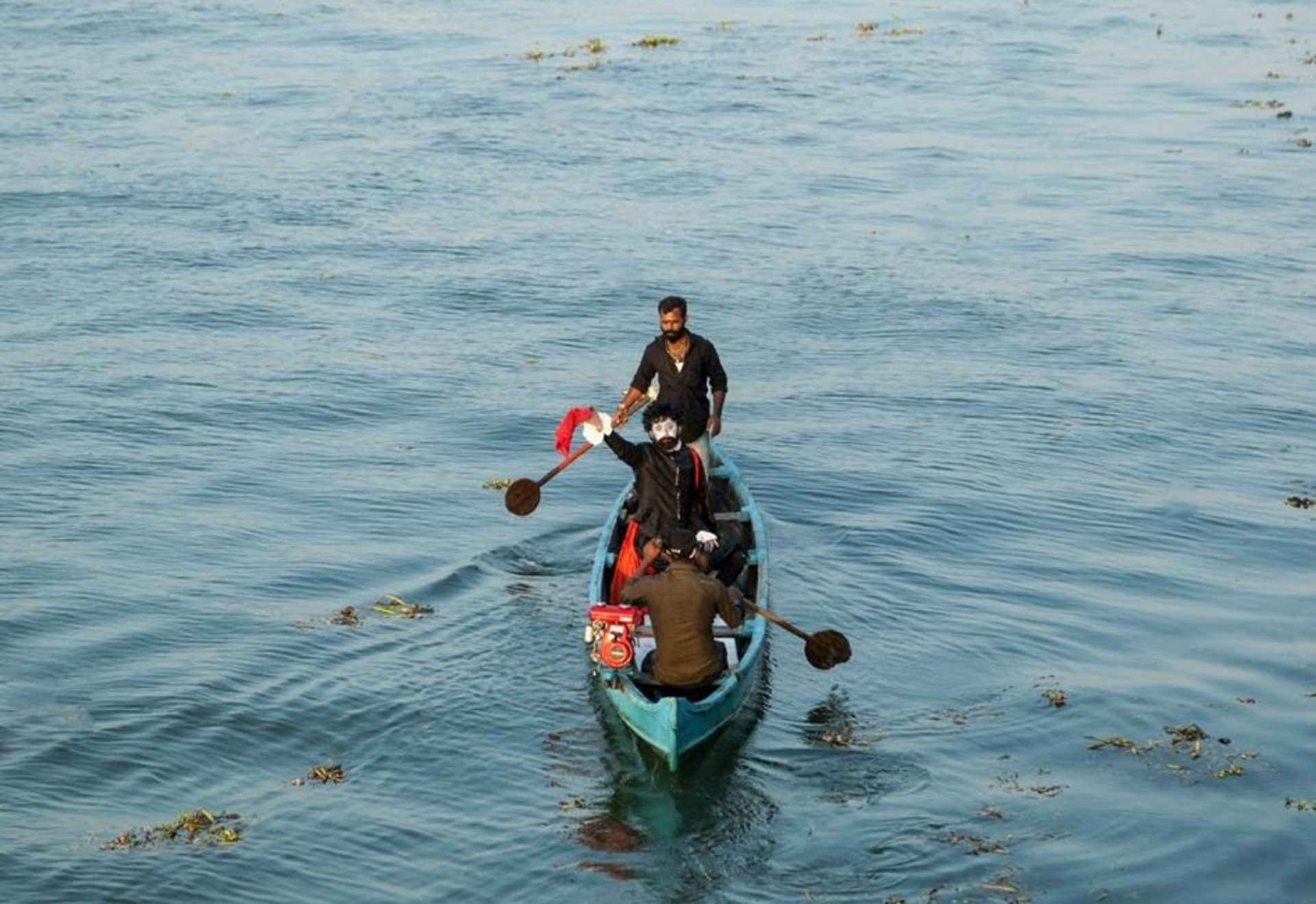
Nikhil Chopra, La Perle Noire II: Aspinwall House, performed at the 2014 Kochi-Muziris Biennale
Courtesy of the artist and Kochi-Muziris Biennale
Chopra took part in the 2014 edition of the KMB, curated by the artist Jitish Kallat, for which he debuted a 52-hour durational performance. He returns to Kochi as part of a collective numbering around 10 people, who hope to use their decade of experience as an artist-run project "to reimagine our role as artists, co-producers, cultural practitioners, curators and mentors", they say. "We don’t make in singularity, we always make collectively. The Western idea of attributing all credit to the single author needs to be challenged. Our truth is that we make together, learn together and grow together and that’s when systemic change starts to feel palpable."
Although HH is the first group to curate the KMB, the exhibition has long prided itself on maintaining a collectivist ethos and upholding its founding principle of "for the people, by the people"—around 500,000 people typically visit each edition, mostly from Kerala. Accordingly, these qualities are cited by KMB's organisers as the some of the show's most valuable, which they will strive to preserve with the forthcoming show. "Local community has always played a vital role the Biennale's success," they say. "We have no VIP days, the exhibition is open to one and all."



